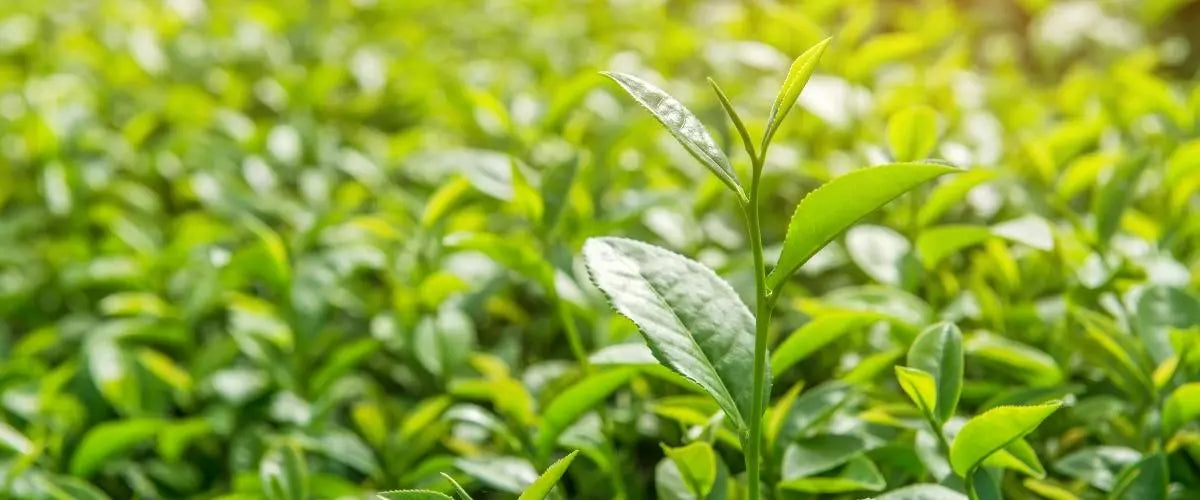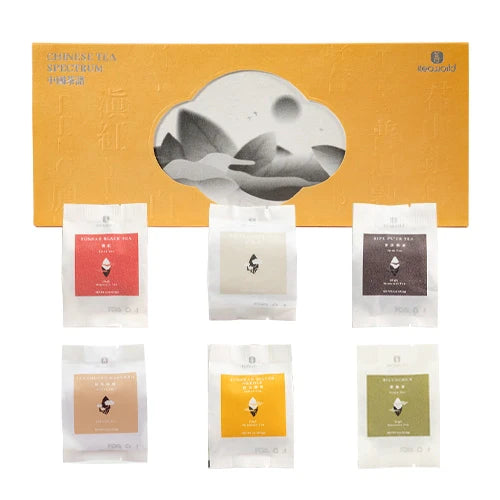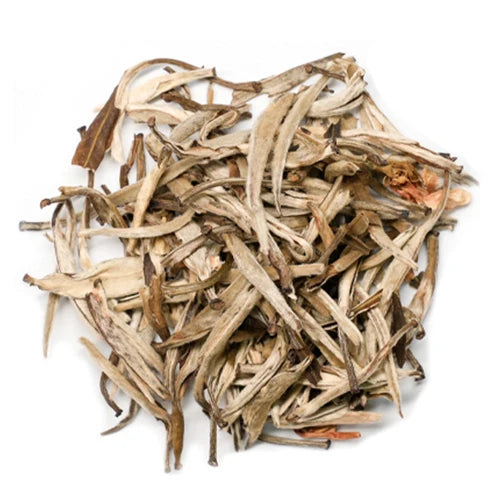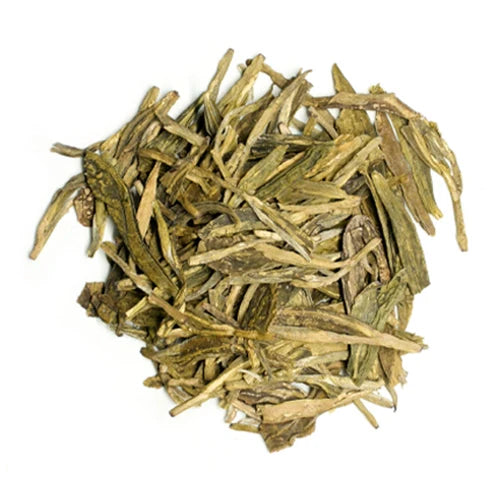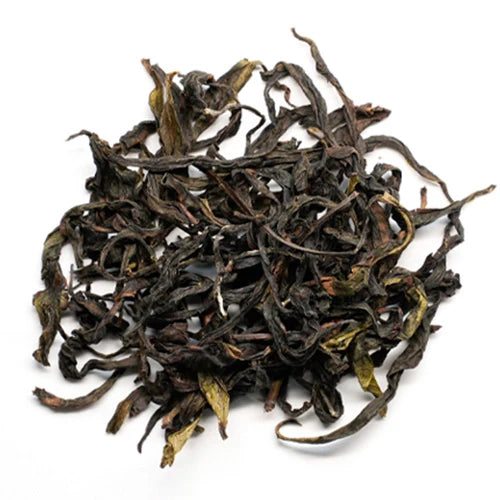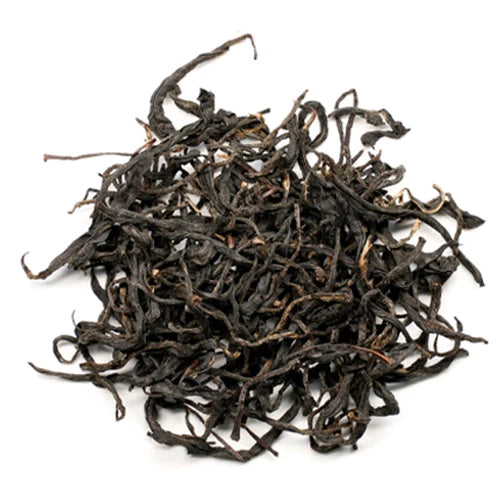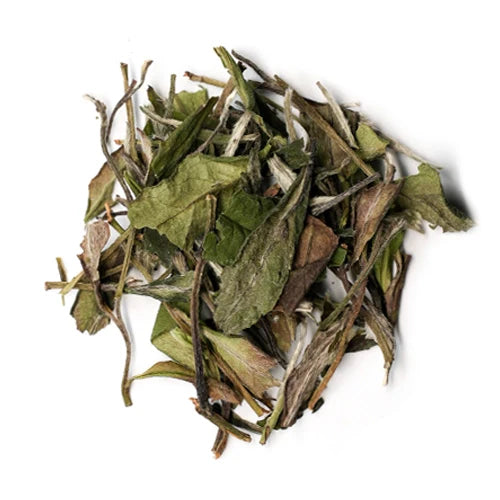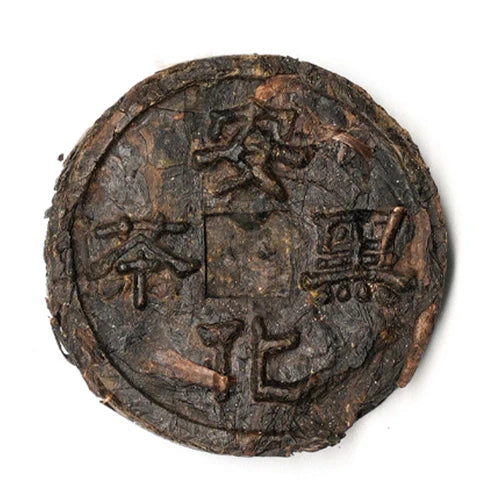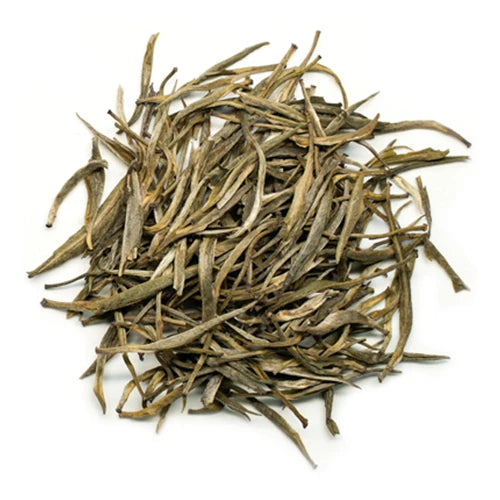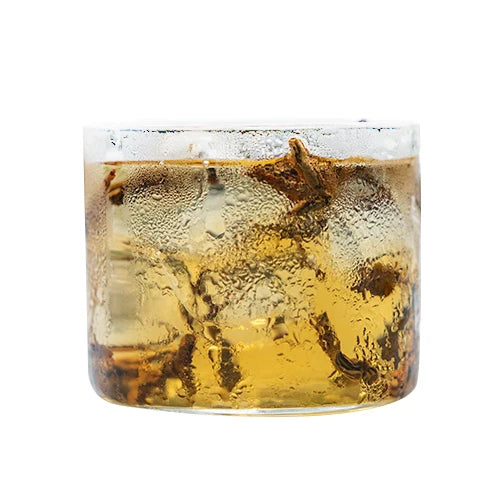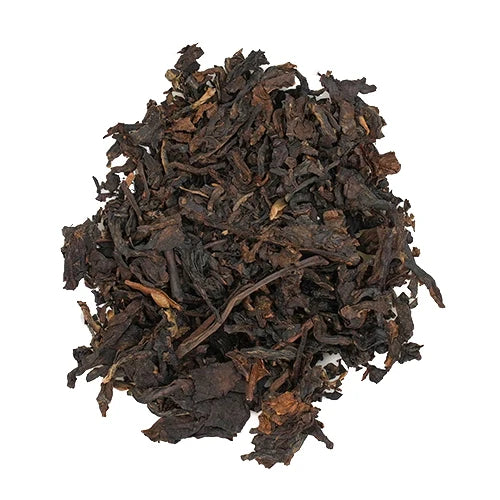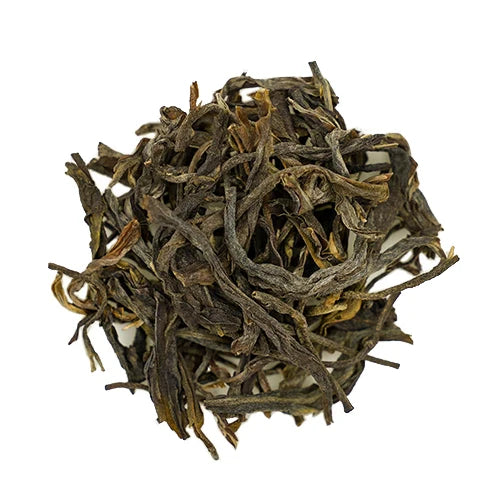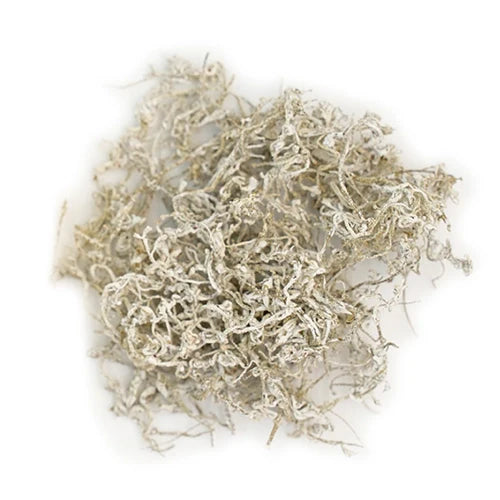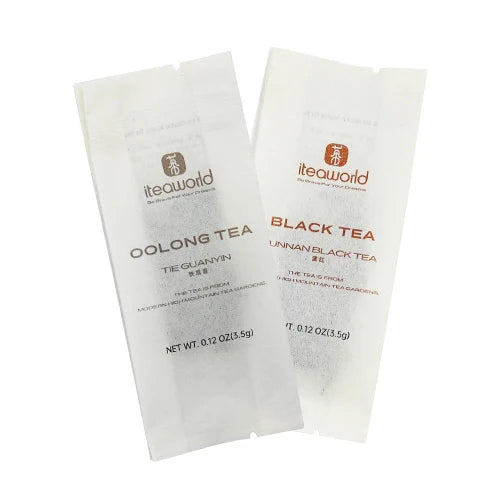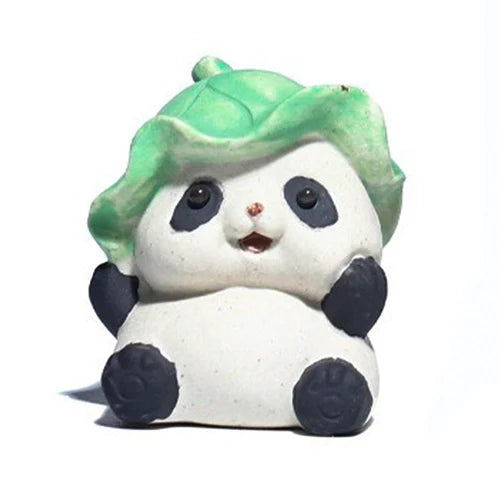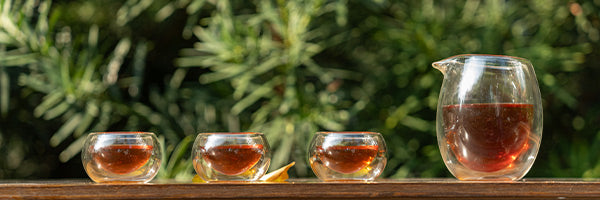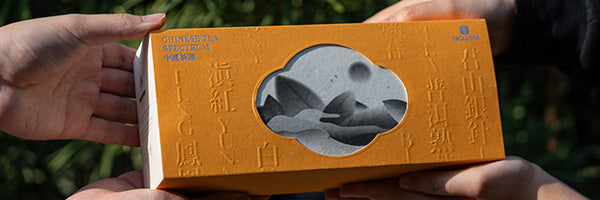Холодной зимой заварить чашку горячего чая и сделать глоток невероятно приятно. Наслаждаясь горячим чаем зимой, следует помнить о некоторых ключевых моментах. Это может помочь нам более удобно и комфортно наслаждаться чаем, получая при этом большую пользу для здоровья.
Зачем пить больше чая зимой?
Зимняя погода сухая, и люди с чувствительностью могут испытывать дискомфорт в дыхательной системе, сухость кожи, ломкость волос, простуду, кашель, носовые кровотечения и многое другое в таких сухих условиях. Обычная вода сама по себе менее эффективна для увлажнения и гидратации по сравнению с чаем, а полезные компоненты в чае оказывают хорошее смягчающее и «терапевтическое» воздействие на различные дискомфорты, вызванные зимней сухостью. Кроме того, добавление соответствующего количества меда в чай может иметь эффект увлажнения легких.
Чай не только полезен, но и вкусен, что делает его идеальным для успокоения тела и разума зимой. Выбор
чайных подарочных наборов для семьи и друзей может стать прекрасным
рождественским или новогодним подарком.
Выбор подходящего чая для зимы
1. Черный чай
В холодную зимнюю погоду, когда организм подвергается длительному воздействию холода, неизбежно становится восприимчивым к проникновению сырости в организм. Поэтому черный чай подходит для зимнего потребления.
Полностью окисленный
листовой черный чай является предпочтительным выбором для зимы, поскольку он имеет теплую природу, которая подходит как молодым, так и пожилым. Ярко-красный цвет чая напоминает зимний огонь, обеспечивая ощущение тепла как для тела, так и для ума.
2. Чай Улун
Улун делится на относительно легкие и сильно окисленные виды. Зимой лучше всего выбирать
листовой улун с более высокой степенью окисления, прошедший обжарку. Этот вид чая не охлаждает селезенку и желудок, способствуя гармонизации пищеварительной системы.
Чай улун содержит богатые органические химические соединения и неорганические минеральные элементы. Регулярное употребление чая улун может очистить жар, детоксифицировать и быть очень полезным для снятия сухости.
3. Тёмный чай
Черный чай высоко ценится за его уникальные процессы ферментации и хранения. Он содержит большое количество полифенолов и микроэлементов, которые, как полагают, помогают регулировать кишечную микробиоту и способствуют здоровью кишечника.
В холодную и сухую зимнюю погоду темный чай может согреть желудок и кишечник, способствуя улучшению пищеварения, а также обладает детоксикационным и омолаживающим эффектом.
4. Выдержанный белый чай
Выдержанный белый чай создается путем длительного старения, что приводит к естественному мягкому вкусу и характерному выдержанному аромату. Богатый фенольными соединениями и аминокислотами, он проявляет сильные антиоксидантные свойства, помогая нейтрализовать свободные радикалы и замедляя процесс старения.
В холодный и пасмурный зимний сезон выдержанный белый чай пользуется особой популярностью благодаря своим согревающим и противопростудным свойствам, а также способствующим улучшению физического самочувствия.
Контроль количества и времени
В зимнем поддержании здоровья крайне важно контролировать количество и время потребления чая. Умеренное потребление чая является оптимальным, так как чрезмерное потребление может привести к избытку кофеина или помешать усвоению железа, тем самым влияя на общее состояние здоровья.
Кроме того, во время более длинных зимних ночей особенно важно избегать употребления перед сном чая с высоким содержанием кофеина, чтобы не ухудшить качество сна.
Внимание к температуре воды
Употребление
листового чая зимой является излюбленной оздоровительной практикой для многих, но особое внимание следует уделять температуре чая. Давайте рассмотрим, почему важно уделять внимание температуре чая в холодное время года.
1. Защита полости рта и пищеварительного тракта
При низких зимних температурах слизистые оболочки полости рта и пищеварительного тракта становятся более чувствительными. Употребление чрезмерно горячего чая может привести к ожогу полости рта и даже повредить слизистую оболочку пищевода, вызывая дискомфорт. Подходящая температура для чая составляет 50-60 градусов по Цельсию, что снижает раздражение полости рта и пищеварительного тракта.
2. Выбор подходящей посуды для чая
Помимо температуры самого чая, изолирующие свойства чайной посуды также имеют решающее значение. Выбор подходящей чайной посуды, такой как термочашки или чайники, может лучше поддерживать оптимальную температуру чая, увеличивая продолжительность сохранения тепла.
Избегайте крепкого чая
Употребление чая зимой направлено на согревание организма и повышение сопротивляемости организма, однако важно избегать употребления крепкого чая.
1. Вред желудочно-кишечному тракту
Употребление крепкого чая зимой может усугубить дискомфорт в желудочно-кишечном тракте. Пищеварительная система более восприимчива к дискомфорту зимой, и употребление крепкого чая может увеличить нагрузку на желудок и кишечник, что приводит к таким симптомам, как вздутие живота и дискомфорт в животе, влияющим на пищеварение.
2. Более высокое содержание кофеина в чае высокой концентрации
Высококонцентрированный чай содержит больше кофеина, и чрезмерное его потребление может вызвать учащенное сердцебиение, бессонницу и другие неприятные ощущения. Зимой, в сезон, который и так склонен к бессоннице, чрезмерное потребление кофеина может усугубить эту проблему.









